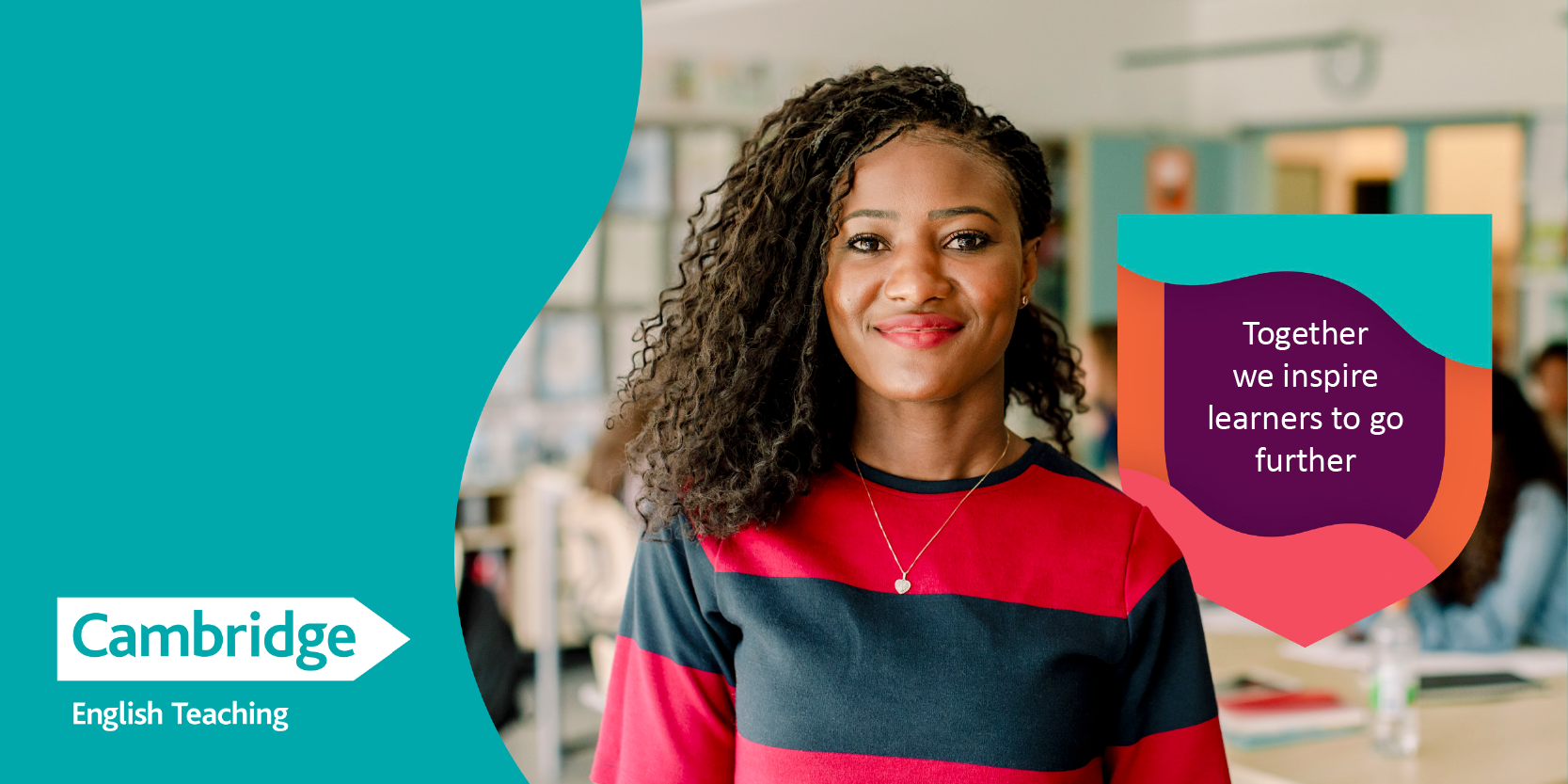
The Certificate in Early Childhood Education is a comprehensive qualification designed for educators dedicated to fostering the growth and development of children in their formative years. This certification validates your expertise in early childhood education, whether you are beginning your career or seeking to elevate your professional standing.
This globally recognized qualification equips you with essential skills to support and guide young learners from diverse backgrounds. The Certificate in Early Childhood Education emphasizes practical strategies for child-centered teaching, developmental psychology, classroom management, and the design of engaging and age-appropriate learning activities.
With this certification, you will be empowered to create nurturing environments that encourage exploration, creativity, and a love of learning, helping children build the foundational skills necessary for lifelong success.
The Certificate in Early Childhood Education is designed for educators at any stage of their career who are passionate about supporting the growth and development of young children and wish to gain a globally recognized qualification.
Whether you are new to the field or an experienced professional, this certificate provides an opportunity to enhance your knowledge, refine your teaching skills, and build your credentials in early childhood education.
The Certificate in Early Childhood Education is a flexible, modular certification program designed to accommodate your unique learning needs and career aspirations. This structure allows you to complete each module individually, offering the flexibility to decide when and how to pursue the certification. You can take the modules in any order or combination, tailoring the program to your interests and professional goals.
There are three modules:
Each module in the Certificate in Early Childhood Education is assessed through assignments, practical activities, and reflections, allowing participants to strengthen both theoretical understanding and hands-on teaching skills. This flexible modular approach enables you to progress at your own pace, focusing on the areas most relevant to your career in early childhood education.
Upon completing all modules, you will receive the Certificate in Early Childhood Education.
There is no Pass or Fail. Results are reported in Bands 1–4, with Band 4 being the highest. Band 1 represents limited knowledge of the content areas tested; Band 2, basic but systematic knowledge; Band 3 shows a breadth and depth of knowledge and Band 4 extensive knowledge.
The Certificate in Early Childhood Education is open to individuals from diverse backgrounds and experience levels in the field of education.
It is suitable for individuals who are:
No prior qualifications are required to register, though a passion for supporting young learners and an interest in early childhood development are essential.